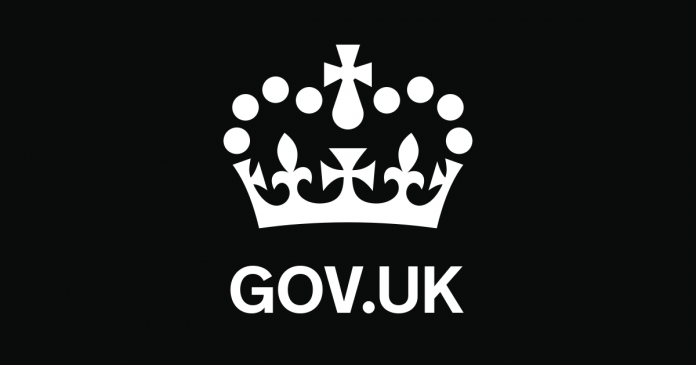The following were questions and answers regarding our call for proposals, published 27.08.2020, that aims to champion the two state solution in Israeli public debate.
Question: Is it possible to receive feedback from our previous application?
Answer: Competition was high – so we unfortunately had to turn down several strong projects. We cannot provide specific feedback, but the following issues were identified:
- Project purpose was not strategically aligned to the objective stated in the call for proposals
- Project was aligned to the correct objective, but did not deliver the specific outcome stated in the call for proposals
- Project focused on niche issues rather than looking at the two state solution as a whole
- Budget included elements that were not linked to project staff or activities (e.g. incentives to participants)
- Project was too low in scope/length to deliver a sustainable project; or too large in scope to be realistic
- Project goals were counter to UK government values, which specifically supports a two state solution to the Israeli-Palestinian conflict
- Proposal did not identify all significant risks, and/or provide an adequate risk management strategy
Question: Are we able to apply for this call for proposals with the same project/proposal as our previous application?
Answer: Yes – you are welcome to apply for both projects, with the same or different proposal. It will not prejudice your application. Please ensure that you pay attention to the wording in the call for proposals.
Question: Is the project proposal judged on quality of language, considering that many are written by non-mother tongue English speakers?
Answer: No – We evaluate proposals according to the criteria set out in the call for proposals. We focus on the quality of the proposal, and how it relates to the call for proposals; not style of drafting or grammatical errors.
Question: The budget template requests to avoid activities in March. Which budget items, if any, can appear in March?
Answer: We prefer to avoid activities in March because you cannot move budget from one financial year to the next – so if an activity gets delayed slightly, we would no longer be able to fund it. Therefore, activities to avoid are ones that can get delayed, whereas guaranteed costs (e.g. salaries) can appear.
Question: Can each applicant apply for a maximum of GBP 190,000 in year 1 and GBP 480,000 in year 2? Or is the total amount of funding available for all applicants together?
Answer: The answer to both questions is yes. It is the total amount of funding available, and the total amount that each applicant is able to bid for. All bidders are welcome to bid for the maximum amount.
Question: What is the anticipated involvement of the UK Government in the actual project?
Answer:
- The CSSF team (located in British Embassy, Tel Aviv for this project) is actively involved in the project, in order to (i) conduct monitoring, evaluation, and learning and (ii) manage our risk levels
- We check lists of participants in advance – and may require you to remove someone from the list if they are deemed inappropriate for UK government funding
- We expect to attend some project activities for monitoring purposes – though can be guided by the delivery partner re: which are appropriate to attend
- Participants must know that the project is UK government funded.
Question: Does the UK Government allow for privacy and confidentiality, if needed for the project?
Answer:
- The UK aims to be transparent in project funding. We have publicly available documents that list our projects, and are sometimes required to send lists of NGOs funded to the UK and Israeli governments. Project participant lists are not made public
- Requests for additional safeguards on confidentiality/privacy may be considered on a case by case basis.
- The delivery partner is not required to publicise the project more widely – and we would not do so against the delivery partner’s wishes
- We work closely with an external independent review team who require access to the project. They conduct surveys and interviews, and attend some project activities. Their work is confidential and available only for the delivery partner and UK government to view.







